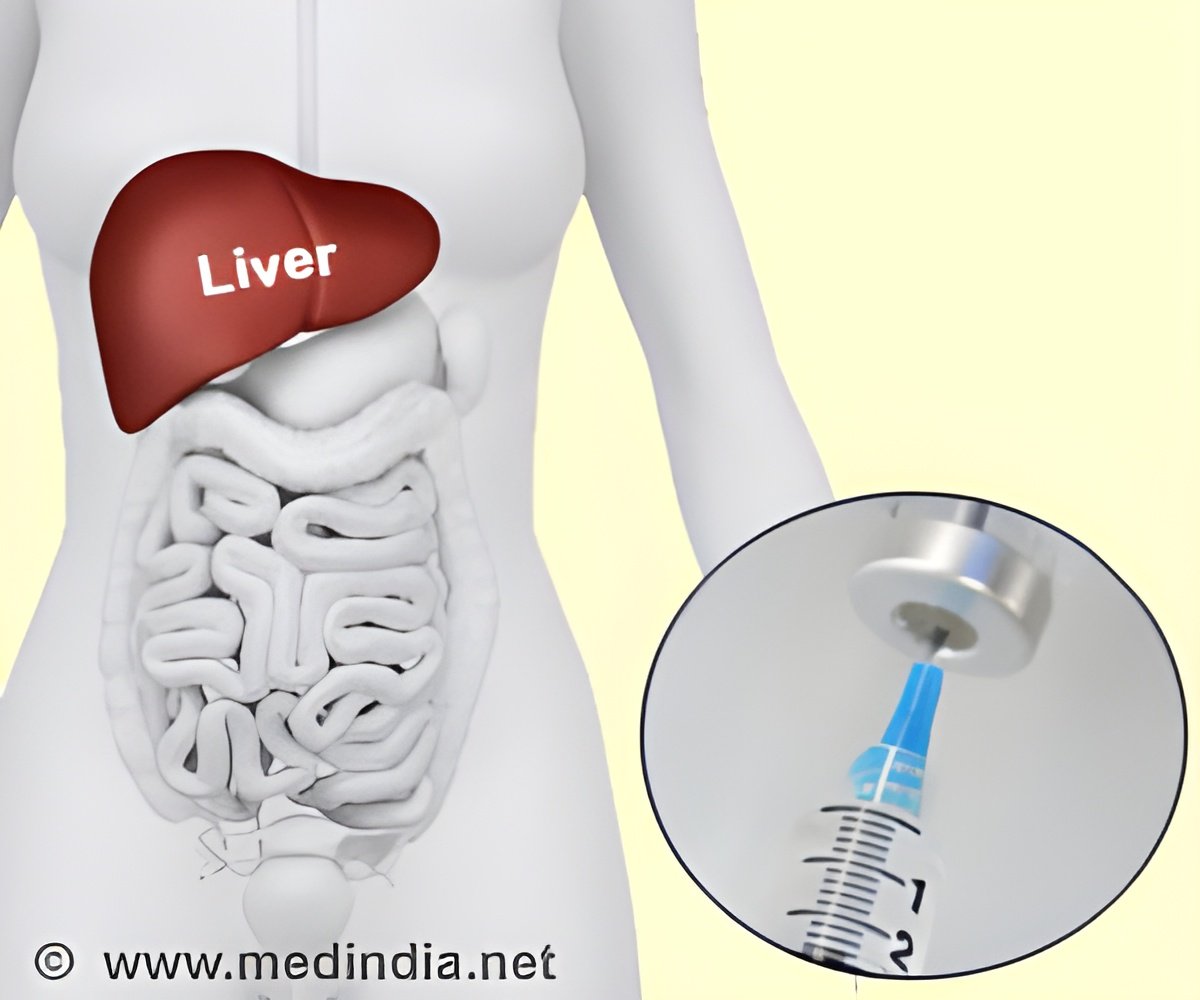A study published this week in PLOS Medicine has shown that mice with humanized livers recapitulate the toxicity of the fialuridine.

When the researchers treated mice with humanized livers with fialuridine, they found that the drug caused liver failure. The clinical symptoms (jaundice and lethargy), laboratory abnormalities (elevated transaminase and lactate levels), and anatomical changes to the liver in the drug-treated mice mirrored those observed in human participants in the fialuridine trial.
To test whether the mouse model could specifically identify the toxicity of fialuridine but would not raise "false alarm" on other drugs, the researchers treated the humanized liver mice with a second drug called sofosbuvir. Sofosbuvir belongs to the same class of drugs as fialuridine, but it has been tested in humans and was found not to have liver toxicity at doses within a few orders of magnitude of the effective dose. Sofosbuvir-treated mice did not show symptoms of liver failure.
Because the humanized mice used in these studies have an impaired immune system, they cannot be used to warn of toxicity that is mediated by the immune system. Nevertheless, since the liver is the "detox" organ, toxicity caused by drugs that act directly on the liver is a common problem in drug development. And because of important differences between human and animal livers, the researchers say "toxicology studies using mice with humanized livers could have a large impact on drug development and could improve the safety of drugs that will subsequently be tested in humans". They express hope that, as suggested by their findings, "the use of 21st century methodologies could improve the safety of 21st century drug development".
Source-Eurekalert














